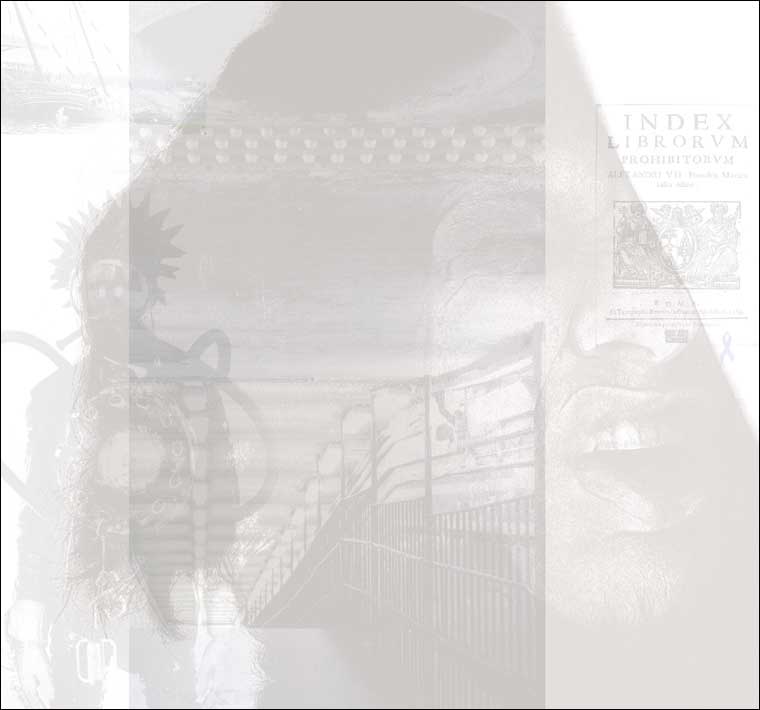 |
 |

Just as authoritarian regimes overtly silence their critics, corporations and democratic governments violate fundamental human rights in covert operations. They use psychological warfare, intimidations, blackmailing, physical threats and even assassinations against environmental and social activists.
But meanwhile the international data networks have beomce a key asset of human rights movements and activist groups for raising global awareness of oppression, fraud and environmental destruction perpetuated by governments and corporations.
"Power is migrating to actors who are skilled at developing networks and at operating in a world of networks." (David Arquilla & David Ronfeldt; RAND Corporation)
Anonymity. Sometimes anonymity is a precondition for reporting human rights abuses. In the name of national security repressive regimes as China and Burma try to centralize the control of content. But also democratic governments, such as France and Great Britain, are considering to impose regulations against anonymity.
Filtering. No single authority or organization can impose
its rules and standards on all others. This is why the Net is public space,
a political arena where free expression is possible.
This invisible agora in electronic space is endangered as it becomes the new playground of a never-ending search for middle-class security. In the same way as repressive regimes try to silence their critics, powerful global alliances of self-announced watchdogs mobilize the public for the restructuring of electronic space.
Prominent supporters of filtering, rating and blocking include corporations such as IBM, America Online/Time Warner, and organisation ssuch as the European Commission.
Because all these methods of selection and exclusion are crude, not all undesirable content is made unaccessible. Conversely, contents such as cooking recipes, the US constitution, and the Bible are blocked accidentally.